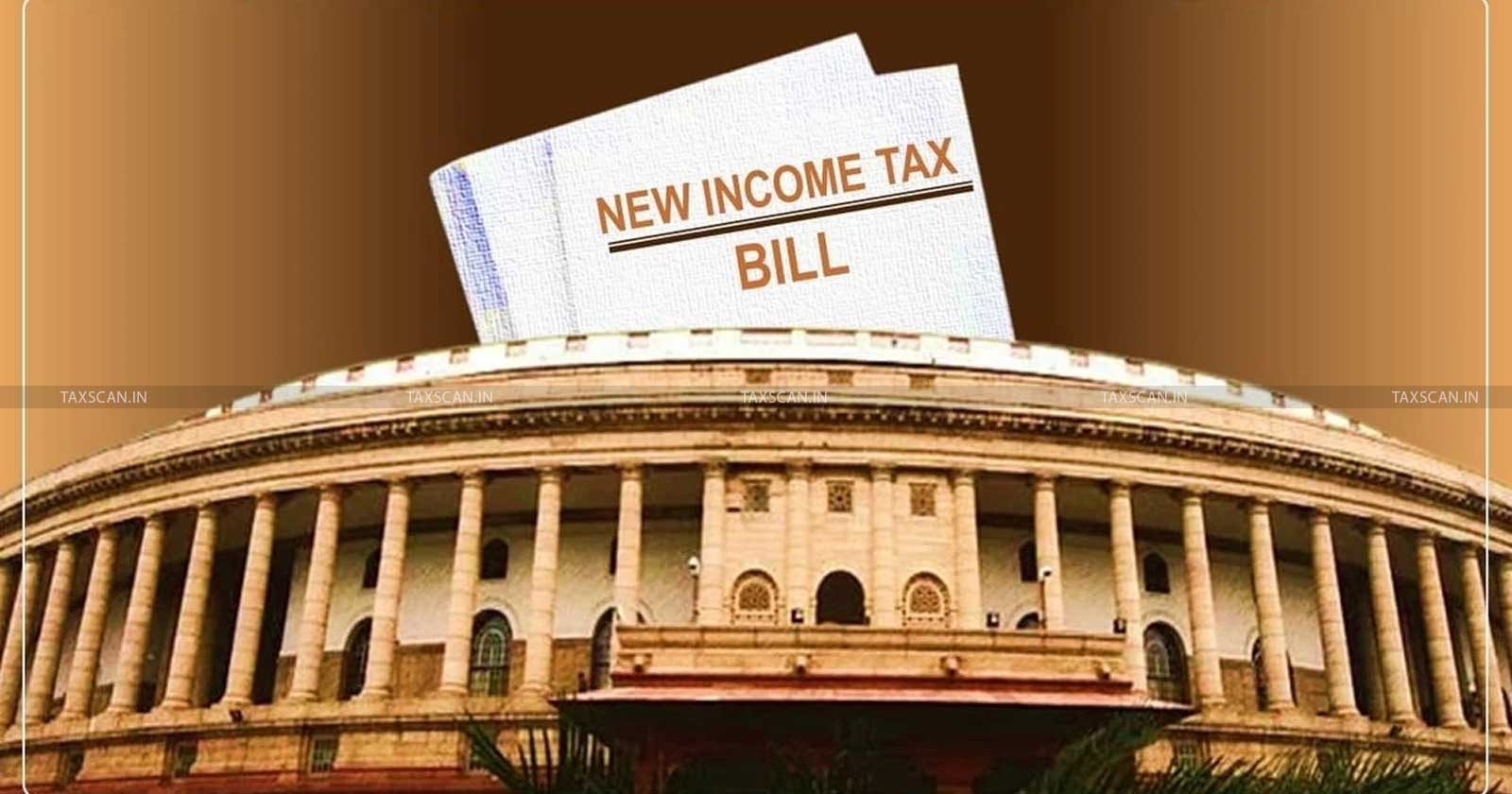The new Income Tax Bill, 2025, has been passed in the Lok Sabha and will soon become law after Rajya Sabha approval and the President’s assent. Once enforced, it will replace the old Income Tax Act of 1961. Finance Minister Nirmala Sitharaman introduced the bill in Parliament, explaining that it seeks to consolidate and amend tax law in a simpler and more transparent way.
Withdrawal of Earlier Draft
Earlier, the government had withdrawn the previous draft of the Income Tax Bill, 2025, which was introduced on August 8. That draft was also presented during the Budget session in February but was referred to a Select Committee for review. After incorporating the committee’s recommendations, the Lok Sabha has now cleared the new version.

Key Structure of the New Law
The new Income Tax Act is designed to be more systematic, with 536 sections and 16 schedules. Unlike the 1961 law, the structure of the new act is simplified for better understanding. The biggest change is the introduction of a single “tax year” concept, replacing the earlier division between “previous year” and “assessment year.” Redundant and contradictory provisions have also been removed to reduce unnecessary litigation.
Digital Age Reforms
The Central Board of Direct Taxes (CBDT) has been given enhanced powers under the new law. This step is aimed at bringing tax rules in line with the digital age. Simplified compliance procedures and clarity in interpretation will make the process easier for both salaried taxpayers and businesses. The focus is on reducing disputes and making the system more efficient.
Major Benefits for Taxpayers
Recommendations from the Select Committee have been added to provide direct benefits to taxpayers. Late filers will now also be entitled to refunds, ensuring fairness. The NIL-TDS option has been introduced, allowing individuals with no tax liability to obtain an advance zero-TDS certificate. For property owners, the rule of taxing notional rent has been scrapped, providing relief for vacant houses.
Relief on House Property Rules
The bill clarifies deductions on house property income. A standard deduction of 30% after municipal tax is applicable, and interest deduction on rental property continues to be allowed. This will help property owners save more, and compliance becomes much simpler under the revised rules.

Pension and Savings Clarity
Pension-related benefits have been expanded in the new bill. Even non-employees will be able to avail the revised pension deduction. In addition, provisions regarding TDS, advance ruling fees, and penalties on PF withdrawals have been simplified. These changes will support middle-income taxpayers and increase their savings.
Transparency and Simplicity
According to tax expert Deepak Kumar Jain, the new Income Tax Bill 2025 aims to make tax law simple and transparent. He stated that penalties for genuine mistakes have been reduced, and clarity in deductions has been increased. This will directly benefit the middle class by improving take-home income and promoting honest compliance.
Read More-
DA Hike Before Diwali 2025 – Central Employees to Get 58% Dearness Allowance
Petrol Price Today in India: Check Prices in Delhi, Mumbai, Chennai and More





















